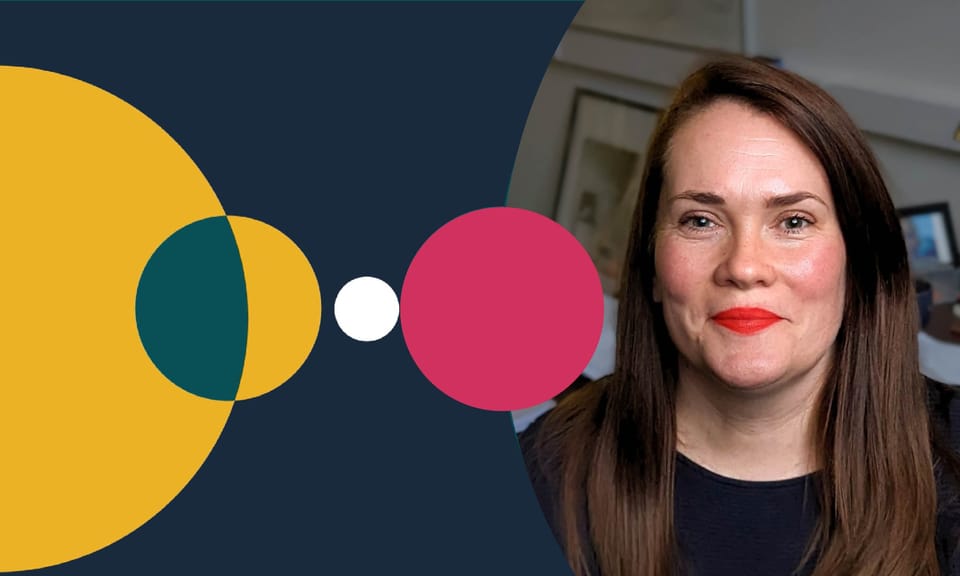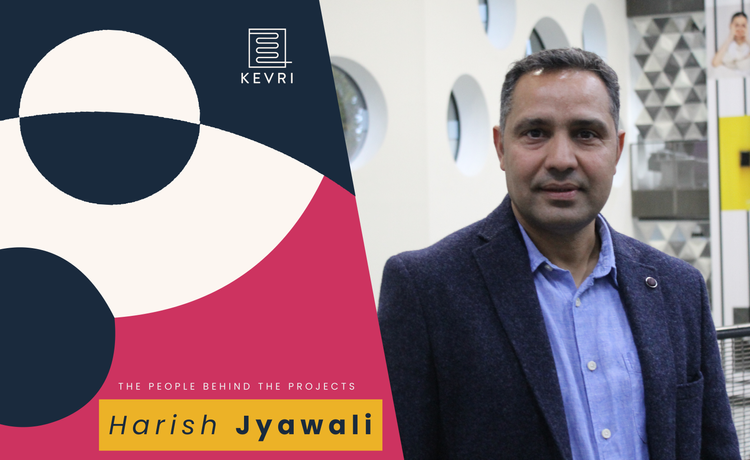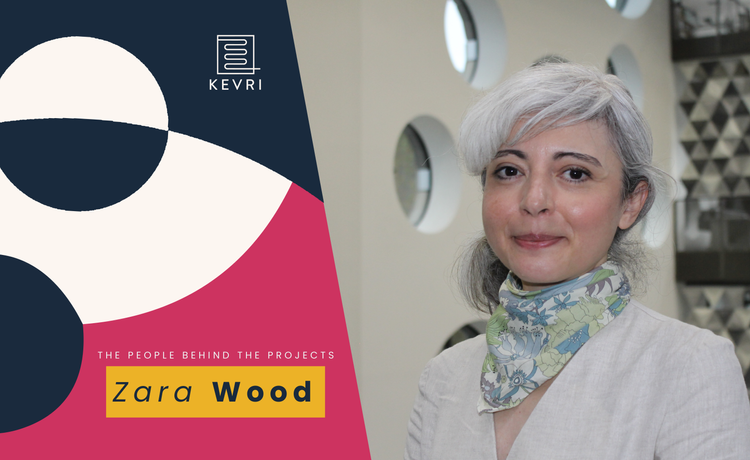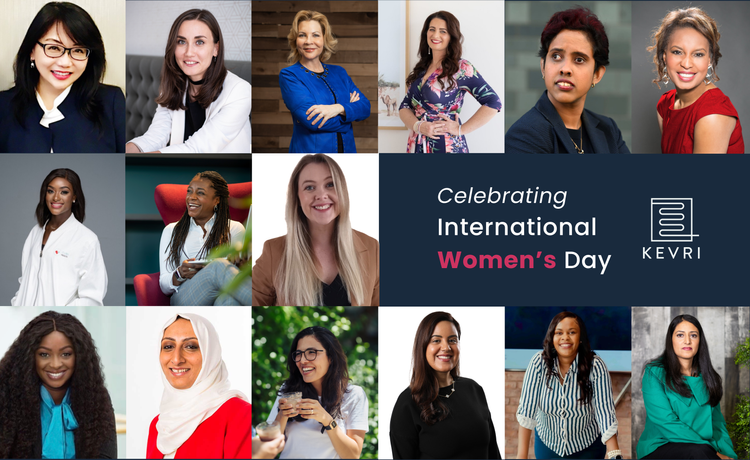Professor Kate Black: From academia, to industry, to innovation

Professor Kate Black is not frightened of failure.
Whenever people knocked her self-belief or discouraged her from pursuing higher education, Kate remained focused.
In 2008, she gained her PhD in Material Science at the University of Liverpool.
In 2009, she joined the University of Cambridge as a Research Associate in the Centre for Advanced Photonic and Electronics.
In 2018 she was voted one of the “Top 50 Women in Engineering" by the Women’s Engineering Society (WES) and The Daily Telegraph.
And in 2019, she co-founded the University spin-out Meta Additive Limited to commercialise a novel chemical approach to 3D printing capable of manipulating materials at a molecular level (now acquired by Desktop Metal, Inc.).
Kate’s drive and perseverance has not gone unnoticed.
She was recently nominated for the PraxisAuril Academic Entrepreneur award by her university (supported by the Research Partnership and Innovation (RPI) Directorate), and won it.
‘’I was so pleased to win this award. In my field of work, we don't see many women doing those sorts of things- I know the importance it has to the university and to the people who are looking at you as a role model.’’
This award showcases Kate as an outstanding individual who has worked with her Knowledge Exchange office to translate her research to solve real-world problems.
Yet in contrast to winning this title and accomplishing incredible achievements throughout her career, Kate believes that…
Failing is your superpower
It’s no secret that the UK Engineering Sector remains a male-dominated field and Kate has had her fair share of barriers to overcome.
According to this Engineering UK March 2022 report:
- Women make up 16.5% of all engineers, compared to 10.5% reported in 2010
Thus showing that women still remain a minority in the UK engineering workforce, despite positive signs of change.
‘’Hardships in this sector and in life have allowed me to shape my thought processes. If I’m not living proof of failure then I don’t know what is! Failing is your superpower, it’s what makes you.''
In fact, failing fast has led her to discover many smart and agile solutions, such as:
- Helping to design and supply World Health Organisation approved personal protective equipment to local NHS staff during the Covid-19 pandemic.
- Building MetaAdditive alongside Simon Scott and her team to provide smarter, cheaper and more sustainable manufacturing solutions.
- Working collaboratively with other companies including AWE and Ceres Energy to help solve pressing global challenges.
One common theme, however, that Kate has faced while transitioning concepts and products from academia to industry is that...
Innovation often gets lost in translation
‘’Engineers and academics don’t always have the ability to communicate their ideas to investors. We need to take innovation out from labs and get it into real-world hands to make big change.’’
‘’I’m often gob-smacked at how much great innovation is happening, but it is trapped. How do we get it out there and help people to build their industry skill set?''
In the UK higher education sector, finding the ‘front door’ of a university is a common struggle. Not everyone speaks ‘business language’ either.
By collaborating with industry, Kate acquired the skills to translate her products into society- yet wonders how we can help other academics and higher education practitioners to translate their innovations into digestible terms too.
‘’We are under a great strain to tackle global challenges. We may not have much time left and we need to collaborate. But to tackle diverse and complex problems…''
We need diversity in STEM and beyond
If we don’t bring together diverse perspectives to produce solutions then as Kate states, we are stuck and we remain working in silo.
You may have developed ground-breaking technology but how do you make sure you don’t inadvertently cause problems further down the line? Where does your tech sit on a wider scale?
Or you may have a fantastic idea for a new community network, but how does that involve diverse backgrounds and perspectives?
Collaborating with a diverse group of colleagues or external partners will help you to analyse and provide solutions to such queries.
''Another common problem is that humans can be problem-focused rather than solution-focused. Not every investor or industry head wants to see problems, they need to commercialise solutions.’’
As we have also found at KEVRI, there is so much trapped innovation and untapped potential waiting to be discovered within universities. It’s time to encourage entrepreneurial talent and collaborate with each other.
So if you have an idea , go for it!
Challenge yourself the way Kate does, take your solutions further and don’t give up.
‘’Imagine the world as a 5000-piece jigsaw. Every piece of that jigsaw is a piece of technology.
So when we work together to piece together a bigger picture, we can build innovative and sustainable solutions.’’
Professor Kate Black is a multidisciplinary businesswoman, researcher, and academic focused on elevating the additive manufacturing industry through chemistry and collaboration.
If you would like to follow Kate’s work, click here.
You can also view other PraxisAuril award winners here.



